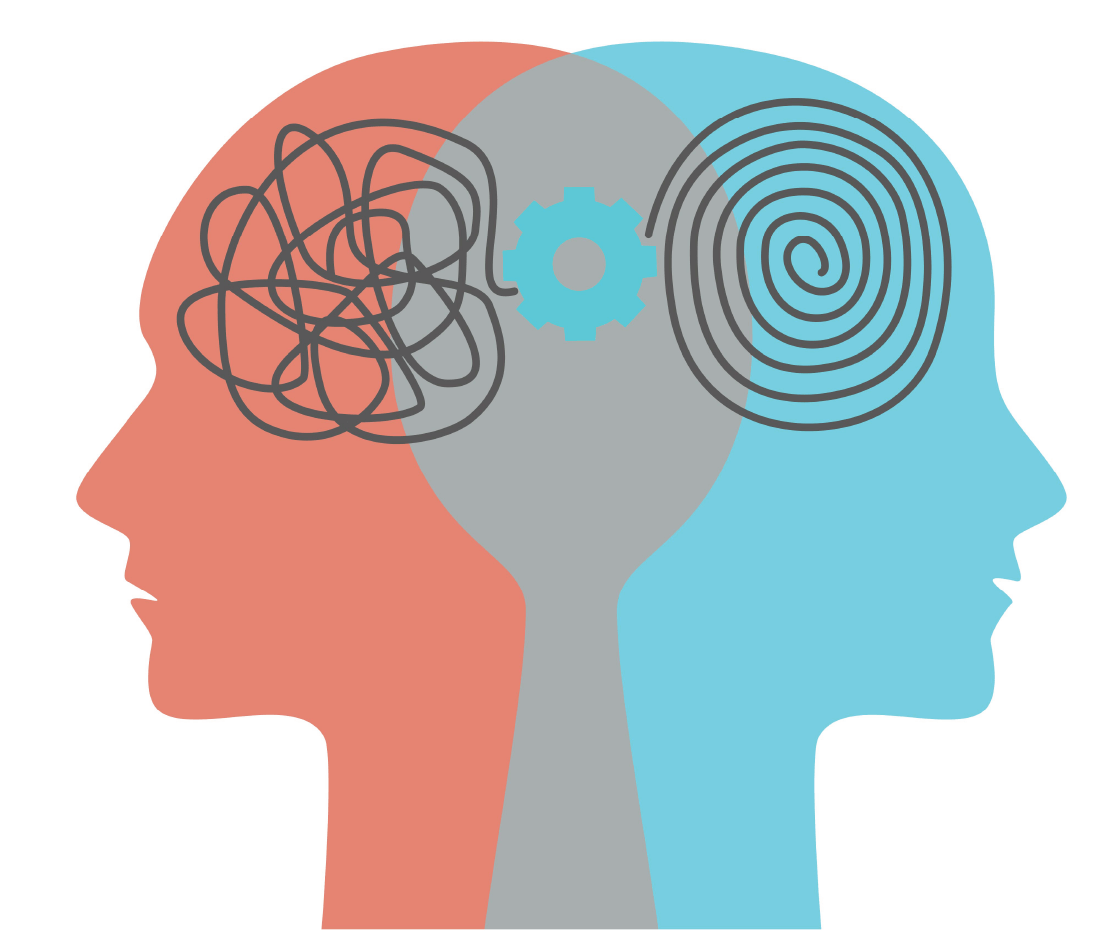This site is intended for U.S. healthcare professionals only.
What is ADHD?
(continued)Comorbidities in Patients with ADHD
Adults with ADHD often have at least one coexisting medical or psychiatric condition that are more common in people with ADHD (more than 50%) compared to the general population (less than 10%).25
- In a Swedish study, more than half of adults with ADHD had at least one comorbid condition such as mood disorders, anxiety disorders, substance use disorders, and/or conduct/behavioral disorders.26
- Studies from Japan and Sweden show that adults with ADHD often have comorbid medical conditions such as hypertension and type 2 diabetes, and ADHD may also increase the risk of obesity, asthma, and sleep disorders.27, 28
- It is more challenging to get a clear ADHD diagnosis in the presence of other conditions.
- Your healthcare provider will take into account all of your symptoms and determine the best treatment plan.
There are many options for treating ADHD, including pharmacological and non-pharmacological treatments. Your healthcare provider will work with you to create a treatment plan that is right for you. This will be discussed in more detail in the After the Diagnosis Section.



